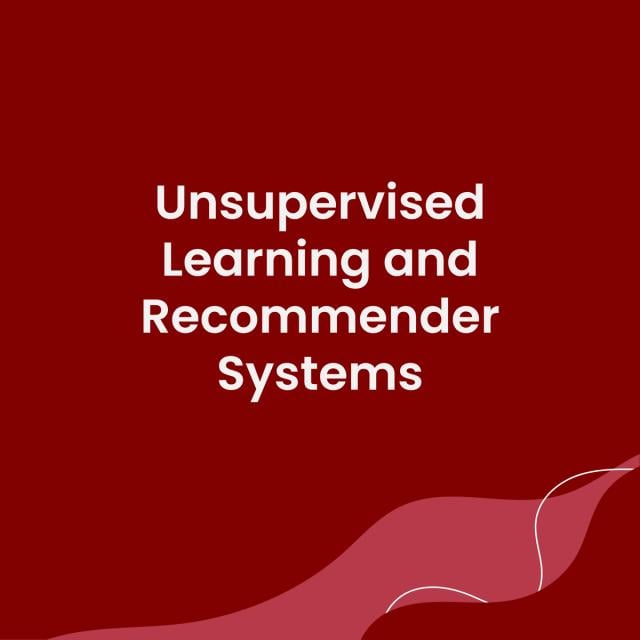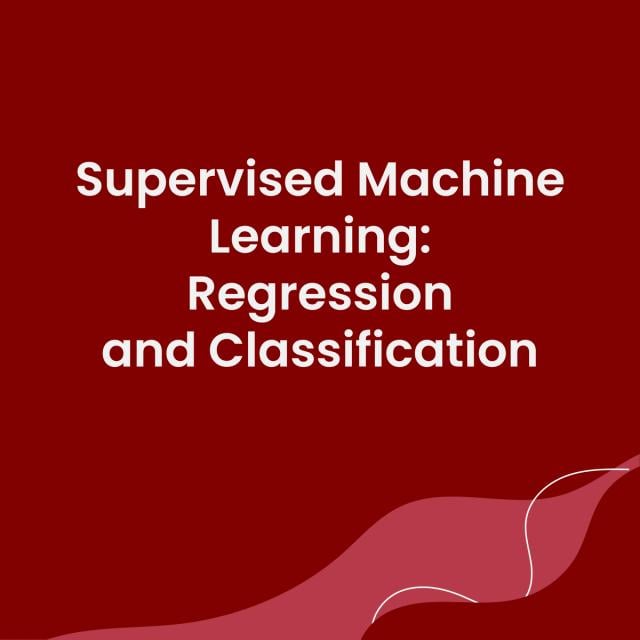Unsupervised Learning, Recommenders, Reinforcement Learning (Coursera)
Categories
Effort
Languages
In the third course of the Machine Learning Specialization, you will: Use unsupervised learning techniques for unsupervised learning: including clustering and anomaly detection; Build recommender systems with a collaborative filtering approach and a content-based deep learning method; Build a deep reinforcement learning [...]
May 6th 2024










